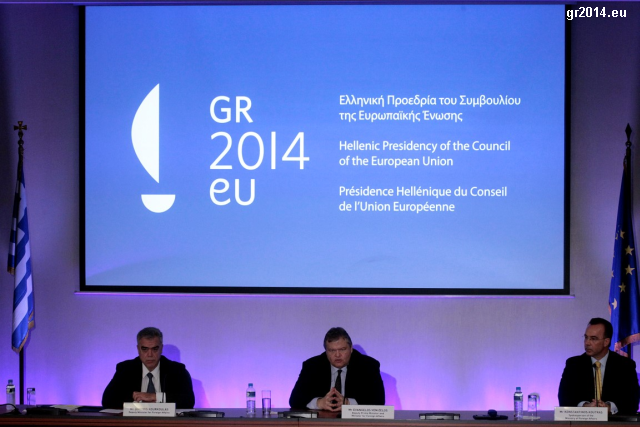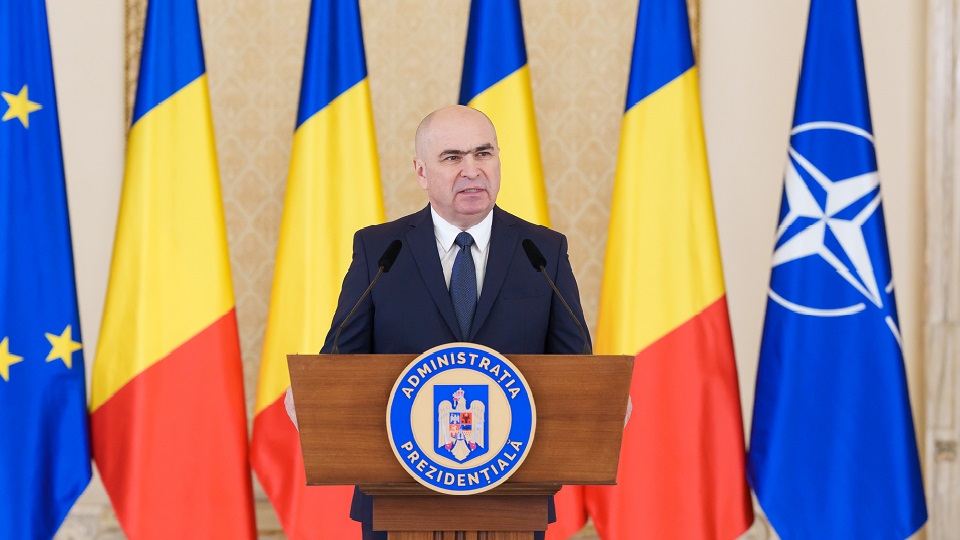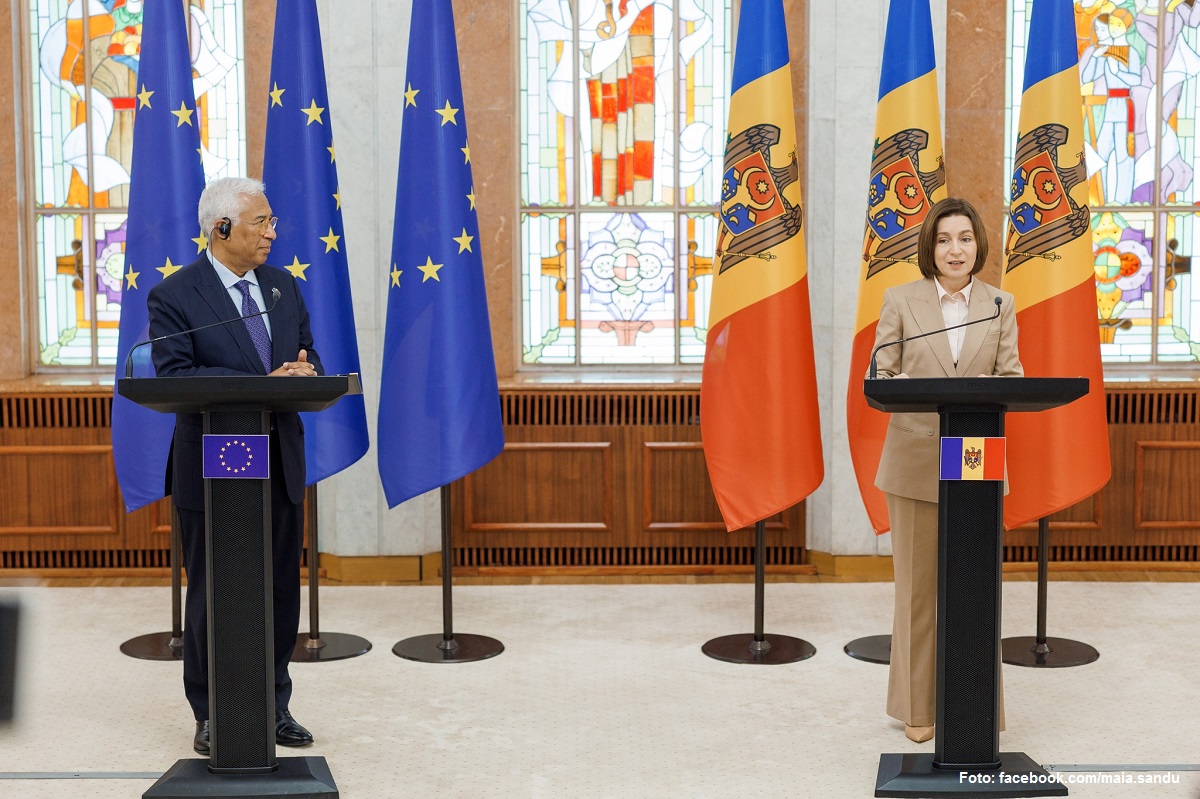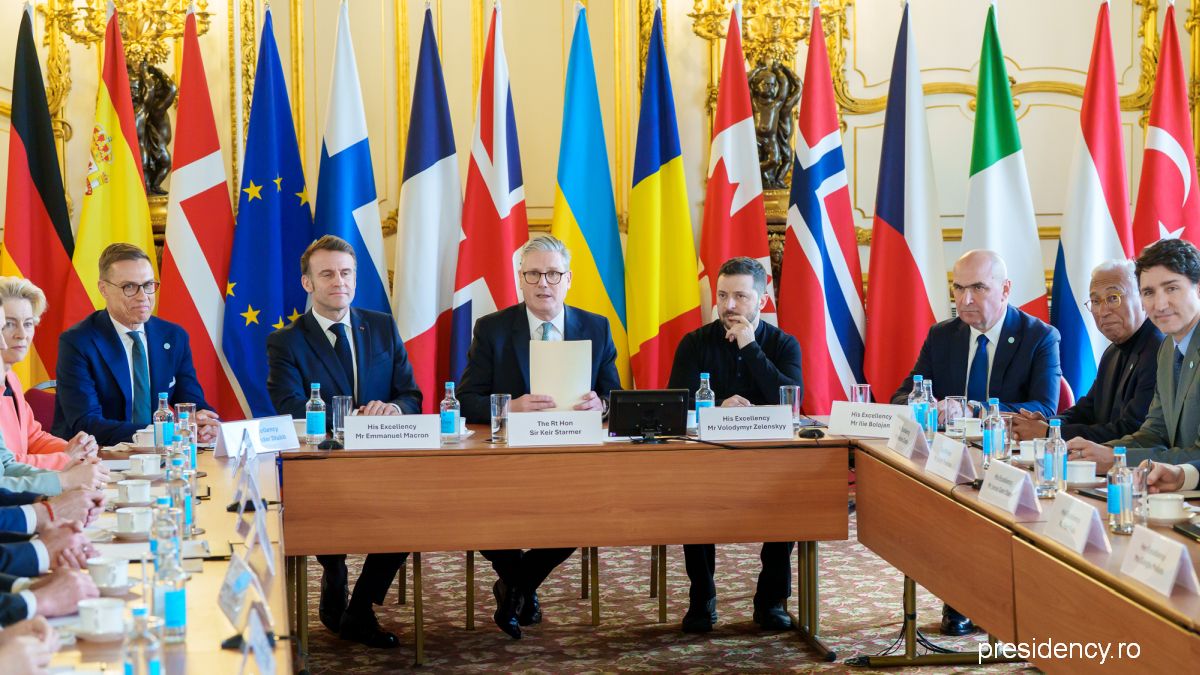The Priorities of the Greek Presidency of the EU
Greece has taken over, for the fifth time, the rotating presidency of the European Council amid serious internal problems. In its new capacity, it will try to push for solutions to some of the organisations complicated files.

Valentin Țigău, 09.01.2014, 12:30
From January 1st until June 30th, Greece will be chairing the meetings of the 28 member EU Council whose job is to adopt legislation and coordinate the organisation’s policies. For Greece, this is a good opportunity to regain its international prestige.
The European Union, on the other hand, now has the chance to lend a helping hand to the Greek government, which has been faced with internal difficulties as a result of taking tough austerity measures. Greece says its presidency will focus on reducing expenses and tackle a number of priority issues, such as the EU banking union, credits for small and medium sized enterprises, aid for young people willing to work in underprivileged areas.
Greece’s logo as president of the EU Council is a boat sailing on a calm sea, which symbolises transition and unity. Other priorities of the Greek presidency are immigration and the maritime policy. Greece has less than 4 months to find a solution ahead of the elections for the European Parliament in May, which are expected to slow down the decision making process.
The president of the European Commission, Jose Manuel Durao Barroso believes, however, that Greece will do its best to make sure that key legislation is adopted by the Council during the first and crucial semester of 2014. In Bucharest, where the programme of the Greek presidency was launched on Wednesday, the Romanian foreign minister Titus Corlatean assured Athens of Romania’s full support for its European agenda.
He also said Romania would remain active until all political conditions for its entry into the Schengen area are fulfilled and recalled that Bucharest met all clear requirements for its Schengen entry. “As soon as political conditions are met to achieve a consensus, we will be expecting Romania’s Schengen entry to be part of the Council’s agenda, so that a fair and legitimate decision on Romania’s and Bulgaria’s entry can be made”, said Corlatean.
This is the fifth time that Greece acts as president of the EU Council. It has taken over from Lithuania and will hand over to Italy. Romania is to take over its first EU presidency in 2019.






























